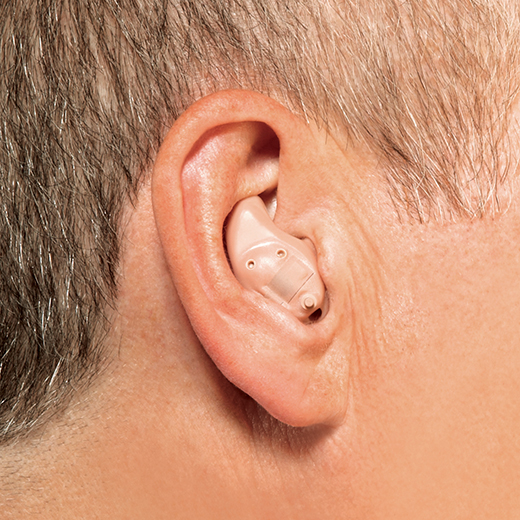Half of Teens Say They Experience Hearing Loss Symptoms Regularly — Is Your Teen One of Them?

About four years ago, Harvard-affiliated Brigham and Women’s Hospital in Boston hosted a national study on the increasing prevalence of hearing loss in teens. The study found that the incidence of hearing loss in teens had increased from about 15 percent to 19.5 percent over the course of a decade. Though most hearing loss was rated as mild (loss of 25 decibels or fewer), the statistic is still significant, because even a mild hearing loss is associated with changes in brain tissue and other health ailments at or around retirement age.
However, in a recent survey of 13- to 19-year-olds, 46 percent of teens reported experiencing ringing, roaring, buzzing, or pain in their ears after listening to music loudly or taking part in other activities that endanger hearing. Perhaps worse, one in six teens admitted to having these symptoms often or all the time.
Though teens are aware of the risk — 88 percent of teens admit they know they’re probably damaging their hearing — many of them still do nothing about it. But preventing noise-induced hearing loss, either through the use of protective earplugs or sound-isolating listening equipment, is the best way to deal with any potential hearing damage that might be incurred.
To prevent further damage, teens should turn down the volume, wear hearing protection, warn friends if they’re putting their hearing at risk, and avoid extended periods of time around sounds greater than 85 decibels.

